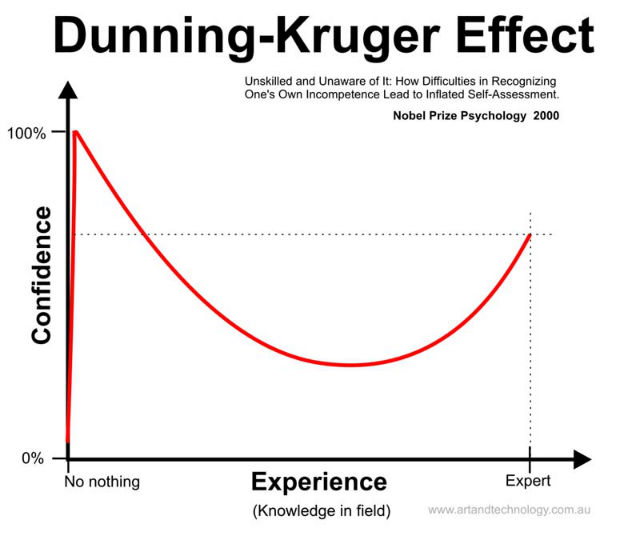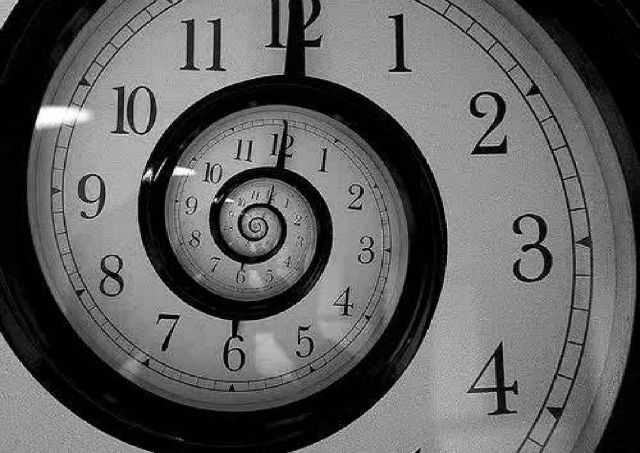14 Secrets of Psychology You Should Keep to Yourself!
7 It has been shown that certain religious practices like prayer and attending services is associated with lower psychological distress levels.
“The American Psychiatric Publishing Textbook of Mood Disorders” discusses several studies that have demonstrated that people who partake in various religious activities may have a lower risk of depressive symptoms and other psychological disorders.
8 While money can buy happiness to an extent, studies show that after $75,000 per year, increased income does little to boost happiness.
A study of 450,000 Americans in 2008 and 2009 suggested that there are two forms of happiness, emotional well-being (day-to-day contentment) and an overall life assessment. The more money people had, the higher their “life assessment”. However, findings suggest that once people earn more than $75,000, additional income is simply considered more “stuff”.
9 By surrounding yourself with happier people, you’ll become happier too.
We’ve all been in the situation at one point of laughing out loud with someone purely because they had an infectious laugh. New research published in the Psychoneuroendocrinology journal shows that stress and happiness are both contagious, and being around groups of either type has a direct influence on us.
10 People between the ages of 18 and 33 are the most stressed in the world. After the age of 33 stress levels tend to reduce
According to a 2012 Stress in America survey by the American Psychological Association, people between the ages of 18 and 33 are the most stressed out, and that stress only seems to be increasing every year.
11 Fooling yourself into thinking you’ve slept well, even if you haven’t, still improves performance.
We’ve all been in that situation when we wished for just one or two more hours’ sleep. A recent study published by the Journal of Experimental Psychology demonstrated that when patients were told they had above average REM sleep (when they hadn’t), they performed better on a given test. They called it “placebo sleep”.
12 Intelligent people are more likely to underestimate themselves, while ignorant people are more likely to believe they’re brilliant.
Known as the Dunning Kruger Effect, some unskilled people believe they are superior and assess their own abilities as much higher than what is accurate. On the other side of the coin, some highly skilled people often underestimate their competence, assuming that what is easy for them, is also easy for others.
13 If you remember a past event, you’re actually remembering the last time you remembered it rather than the event itself.
One interesting insight into how the brain works, is that every time we have a memory, we transform it slightly. Recent research conducted by Northwestern Medicine has shown that recalling memories often, makes them less accurate over time.
14 Decisions become more rational if they are thought in a foreign language.
A recent study by the University of Chicago conducted on the United States and Korean citizens has shown that thinking in a foreign language reduces deep-seated and misleading biases.
Bruce Lee Facts that Prove Why he Will Never be Replaced
20 Wondrous Facts about Space That Will Leave You Amazed!































